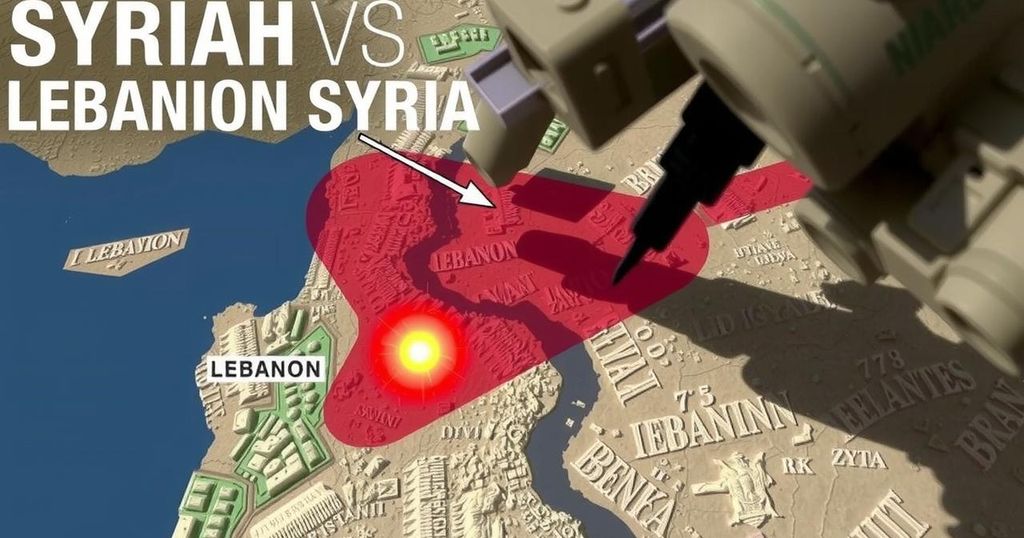This article explores Palestinian Authority President Mahmoud Abbas’s 20-year leadership, highlighting his challenges, achievements, and the potential for Palestinian statehood. Despite internal divisions and his administration’s controversies, recent Saudi-led initiatives provide a renewed hope for diplomatic resolutions. The future of Abbas’s legacy hinges on overcoming political fragmentation and securing meaningful negotiations with Israel.
As Palestinian Authority President Mahmoud Abbas commemorates two decades in office, his administration represents a multifaceted narrative of Palestinian national identity, rife with challenges yet marked by resilience. Assumed presidency in 2005 following Yasser Arafat’s death, Abbas inherited a deeply divided political environment, grappling with the Islamic resistance group Hamas and aspirations for statehood through diplomacy. The absence of presidential elections since 2009 reflects the ongoing discord among major political factions.
Initially, Abbas’s focus encompassed nonviolent resistance and building institutions to achieve a two-state solution. His initial tenure garnered substantial international support, though subsequent events, including Hamas’s election victory in 2006 and the vulnerable political landscape, severely hindered progress. The rift between Fatah, Abbas’s party, and Hamas further complicated efforts at unification necessary for effective negotiations with Israel.
Despite critiques alleging corruption and an increasingly authoritarian regime, Abbas’s administration achieved recognition as a non-member observer state in the UN in 2012. Presently, his leadership faces intensified scrutiny amid calls for generational change. With Saudi Arabia emerging as a pivotal player in mediating Israeli-Palestinian relations, the potential for renewed dialogue exists. The recently announced initiative for a Global Alliance supporting a two-state solution highlights international acknowledgment of the Palestinian plight. The future remains uncertain as Abbas navigates his legacy against lingering internal divisions and evolving geopolitical dynamics.
The present diplomatic efforts led by Saudi Arabia evoke hopes of progress in Palestinian statehood under Abbas’s leadership. However, substantial obstacles remain, particularly Israel’s continued settlement expansion and the challenges of Palestinian unity. Ultimately, Abbas’s capacity to secure a viable path toward statehood will determine the trajectory of his administration and its historical significance in the quest for Palestinian self-determination.
Mahmoud Abbas’s presidency began under the shadow of Yasser Arafat’s legacy and amidst a fractured political landscape that has shaped Palestinian politics for nearly two decades. Abbas has pursued diplomatic avenues to establish statehood, emphasizing nonviolent resistance and international legitimacy. However, significant internal divisions, especially with Hamas, have undermined his efforts. The split between the Palestinian Authority in the West Bank and Hamas-controlled Gaza complicates negotiations with Israel, highlighting the critical need for unity among Palestinian factions. As Abbas reaches two decades in office, the regional geopolitical landscape is evolving, with Saudi Arabia emerging as a mediator in the quest for sustainable peace that includes Palestinian rights. This context frames the challenges and opportunities facing Abbas as he seeks to leave a lasting impact on Palestinian national aspirations.
In conclusion, President Mahmoud Abbas’s two-decade tenure is a narrative of challenges and missed opportunities, marked by significant internal divisions and external pressures. While Abbas has maintained a commitment to nonviolence and international negotiation as means to achieve Palestinian statehood, the ongoing political fragmentation hampers these efforts. The recent initiatives led by Saudi Arabia signal a potential turning point for renewed engagement in the quest for peace, underscoring the importance of unity within Palestinian politics. Observers remain cautiously optimistic that through collective action and international support, the vision of a Palestinian state may still be realized during Abbas’s leadership.
Original Source: www.arabnews.com






